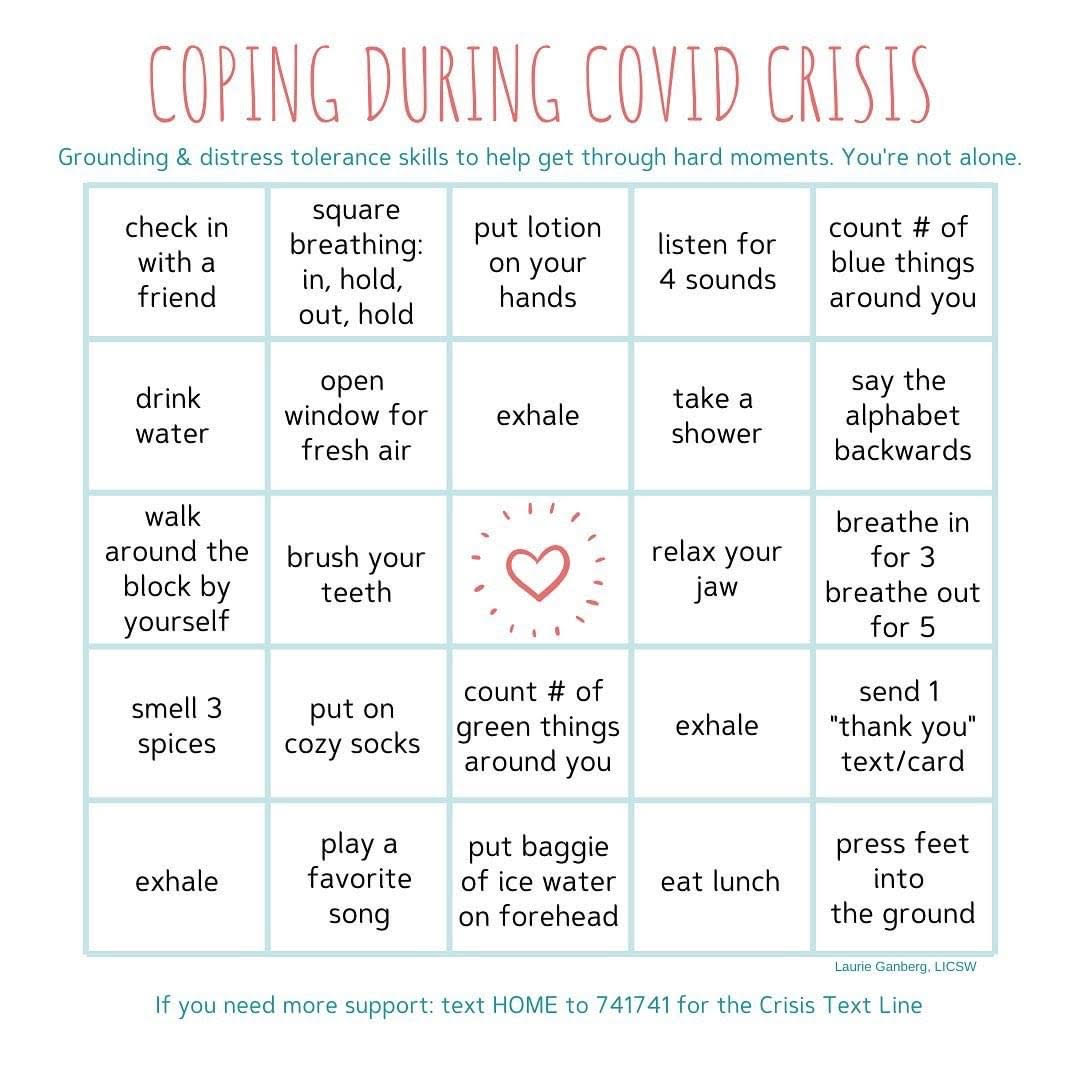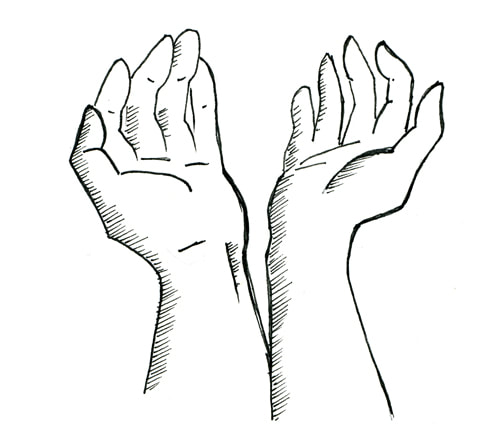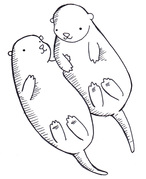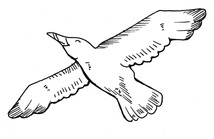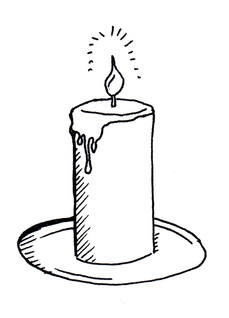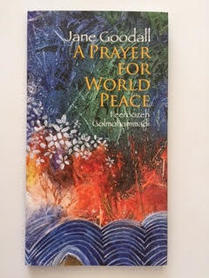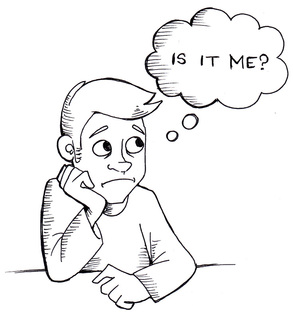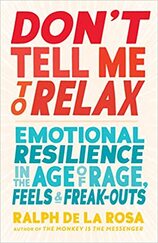
My three favorite books from 2020 are all good for relieving anxiety. That’s because a) it’s hard to be anxious when you’re laughing, b) the seal of aloneness, which too often surrounds our deepest fears, gets utterly busted; and c) a great deal of insight, emotional understanding and explanation of psychological process is found in their pages. They are accessible, digestible and quick reads—i.e., not dry and technical, but juicy and warm.
1. "Don’t Tell Me to Relax—Emotional Resilience in the Age of Rage, Feels and Freak-outs" by Ralph De La Rosa, 2020. De La Rosa is compassionate, street-wise and funny. He tenderly explains the neurobiology of our internal journey as we struggle to create better lives for ourselves and a better world for all. I love that he is a self described "recovering drunk and drug-addict" because his wisdom and insight are rooted in “walking the walk”. Yes, he now is a psychotherapist, retreat leader and sought-after meditation instructor. Yay! We all can change. That is the primary message of his book: “our thoughts and emotions are not the enemy. Rather, when met skillfully, they can light the way to self-empathy, social understanding, and an activism that has room for both inner and outer work.” (from the back of the book.) Read this especially if you are trying to understand “trauma”—yours or anyone else’s.
1. "Don’t Tell Me to Relax—Emotional Resilience in the Age of Rage, Feels and Freak-outs" by Ralph De La Rosa, 2020. De La Rosa is compassionate, street-wise and funny. He tenderly explains the neurobiology of our internal journey as we struggle to create better lives for ourselves and a better world for all. I love that he is a self described "recovering drunk and drug-addict" because his wisdom and insight are rooted in “walking the walk”. Yes, he now is a psychotherapist, retreat leader and sought-after meditation instructor. Yay! We all can change. That is the primary message of his book: “our thoughts and emotions are not the enemy. Rather, when met skillfully, they can light the way to self-empathy, social understanding, and an activism that has room for both inner and outer work.” (from the back of the book.) Read this especially if you are trying to understand “trauma”—yours or anyone else’s.
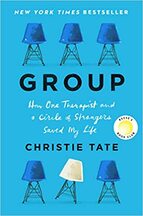
2. “Group: How One Therapist and a Circle of Strangers Saved My Life” by Christie Tate, 2020. I love this book. Hers is an anxiety-ridden, tormented tale with a happy ending, thanks to her willingness to take the plunge. The members in this unusual therapy group disclose and expose, shining light on the crippling myths that inhabit and inhibit each life. Beautifully written and wildly funny, I’m reminded of the quote: “blessed are we who can laugh at ourselves, for we will always be amused.” Christie dares to expose her foibles as she stumbles along, looking great on paper (brilliant attorney) but in full-catastrophe mode inside. Irreverent, courageous and beautiful: what a find! Read it—but be warned: lots of swear words and explicit sex.
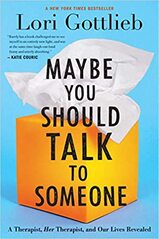
3. “Maybe You Should Talk to Someone” by Laurie Gottlieb, 2020. There is a time when we feel so fragile, we need our therapist to be All Knowing. Then the bottom falls out and the only thing that can reach us is shared humanity. We are in the trenches, and we want our therapist in there with us—or at least, we want to know that they are familiar with trench terrain. Well look no further. Psychologist Gottlieb exposes herself as a perfectly nutty person—just like you and me. Poignant, hilarious, with explanations of the ‘why’s’ behind the therapeutic frame. Not all therapy aspects and approaches are covered, of course, but there’s enough solid stuff to be helpful. Sometimes I cringed (talk about losing my mystique) but mostly I laughed out loud and felt glad she had the courage to write this book.





